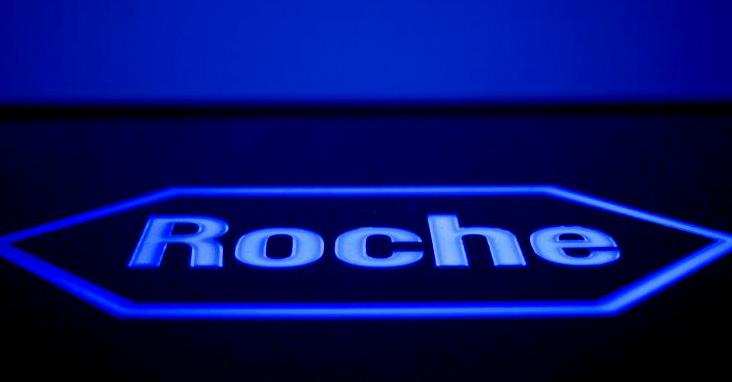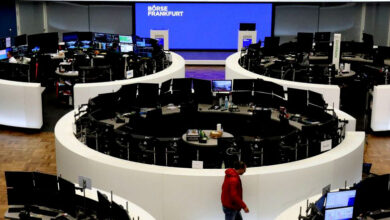The Swiss drug company giant Roche will be led by the head of Roche diagnostics.

(Reuters) -Thomas Schinecker, who is in charge of diagnostics at Roche, will take over as group CEO next year. He will replace Severin Schwan, who will become chairman after he has improved the Swiss drugmaker’s treatments.
Chairman Christoph Franz will not run for re-election at the next annual shareholder meeting in March 2023. This will be his ninth year as a non-executive board chairman. The Swiss drugmaker said in a statement on Thursday that Franz would not seek re-election.
Schwan, who was born in Austria and became CEO in 2008, oversaw a strong share price performance as Roche moved away from its traditional focus on cancer. This helped make up for revenue loss caused by cheap biotech copies of Herceptin, Avastin, and Rituxan, which used to make up about half of drug sales.
With the long-term share gains, he was able to make a big deal with Roche’s rival Novartis last year. Novartis sold its nearly one-third voting stake in Roche back to Roche for $20.7 billion, making the Roche family shareholders even more powerful.
Schwan, who is one of Europe’s highest-paid business leaders, said that the change had been in the works for a long time under the watch of the controlling families and was the result of “long-term planning and continuity, which certainly also reflects our capital structure.”
In a separate press release, Roche said that its adjusted operating income for the first half of the year went up by 9 percent, which was better than expected because it was due to more sales of diagnostic tests and drugs.
When one-time effects are taken into account, the company’s core operating income went up by 9 percent to 13.07 billion Swiss francs. This was more than the market consensus of 12.1 billion francs.
Hemlibra, a treatment for haemophilia, and Ocrevus, a drug for multiple sclerosis, continued to drive growth. This is a sign that oncology is becoming less important.
During the pandemic, when Schinecker was in charge of the diagnostics business, there was a big rise in demand for COVID-19 test kits. This demand has been going down in the second quarter.
Schwan told journalists on a call that his promotion was a result of a “fantastic, outstanding track record” during this phase. He also said that it did not mean that a strategic reevaluation of the Swiss group’s two main business areas, drugs and diagnostics, was coming up.
Roche said again that sales of COVID-19 medicines and diagnostics would drop by about 2 billion Swiss francs this year, to around 5 billion francs, even though new coronavirus subvariants are causing infections to rise again.
This week, a World Health Organization official said that Europeans need to get more vaccines and wear masks again.
Schwan said that the advice was cautious because there was a lot of uncertainty, but he urged “the financial community to model different scenarios.”
Schinecker will probably have a hard time coming up with more ways to speed up drug development. In May, a key cancer drug candidate called tiragolumab failed to stop the disease from getting worse in patients with the most common type of lung cancer.
Investors will pay close attention to the results of the late-stage trials of gantenerumab, a drug being developed to treat Alzheimer’s disease. However, Roche’s leaders have tried to lower expectations for the results, which will be released later this year.





